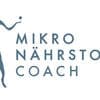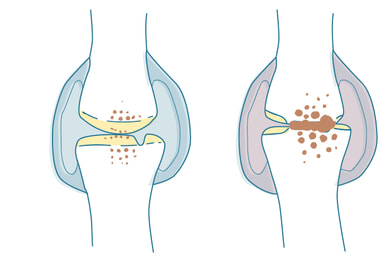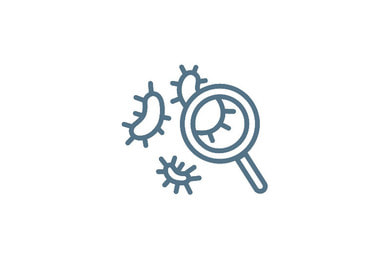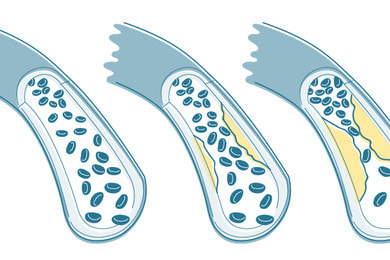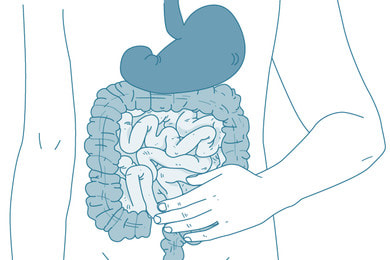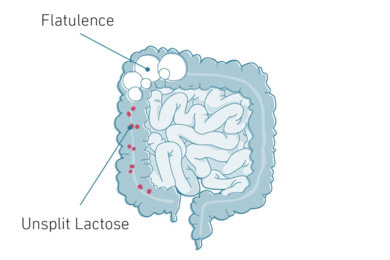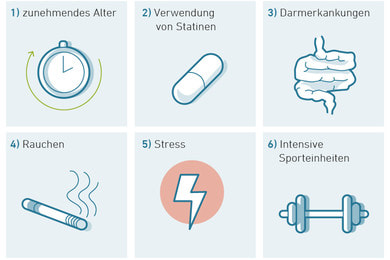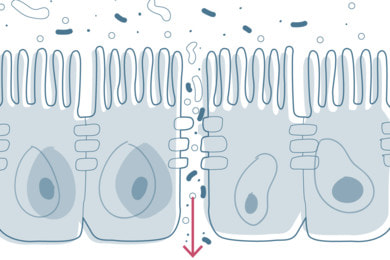Sunbathing without regrets
Who does not love it – the sun-tanned skin as a souvenir of the beautiful summer holidays. But sun can also damage our skin, which is why it is important to prepare our largest organ in the best possible way before sunbathing in order to prevent UV-induced damage such as sunburn, but also premature skin aging. This should not only be done from the outside with appropriate sun cream, but also from the inside, sun protection through nutritive measures is of great importance. Antioxidative vitamins in particular are able to protect our skin from oxidative stress caused by sunlight. Especially vitamin C, vitamin E, as well as the orange-yellow-red plant dyes beta-carotene and lycopene, can protect our cells from this oxidative stress. Furthermore, the trace element zinc is also among the helpers, as it is involved in many processes in the body and is an important factor in maintaining normal skin. Sun worshippers should, however, make sure to replenish their nutrient stores well several weeks before their summer holiday in order to achieve effective sun protection - for a beautiful summer holiday without regrets.
All about oxidative stress

